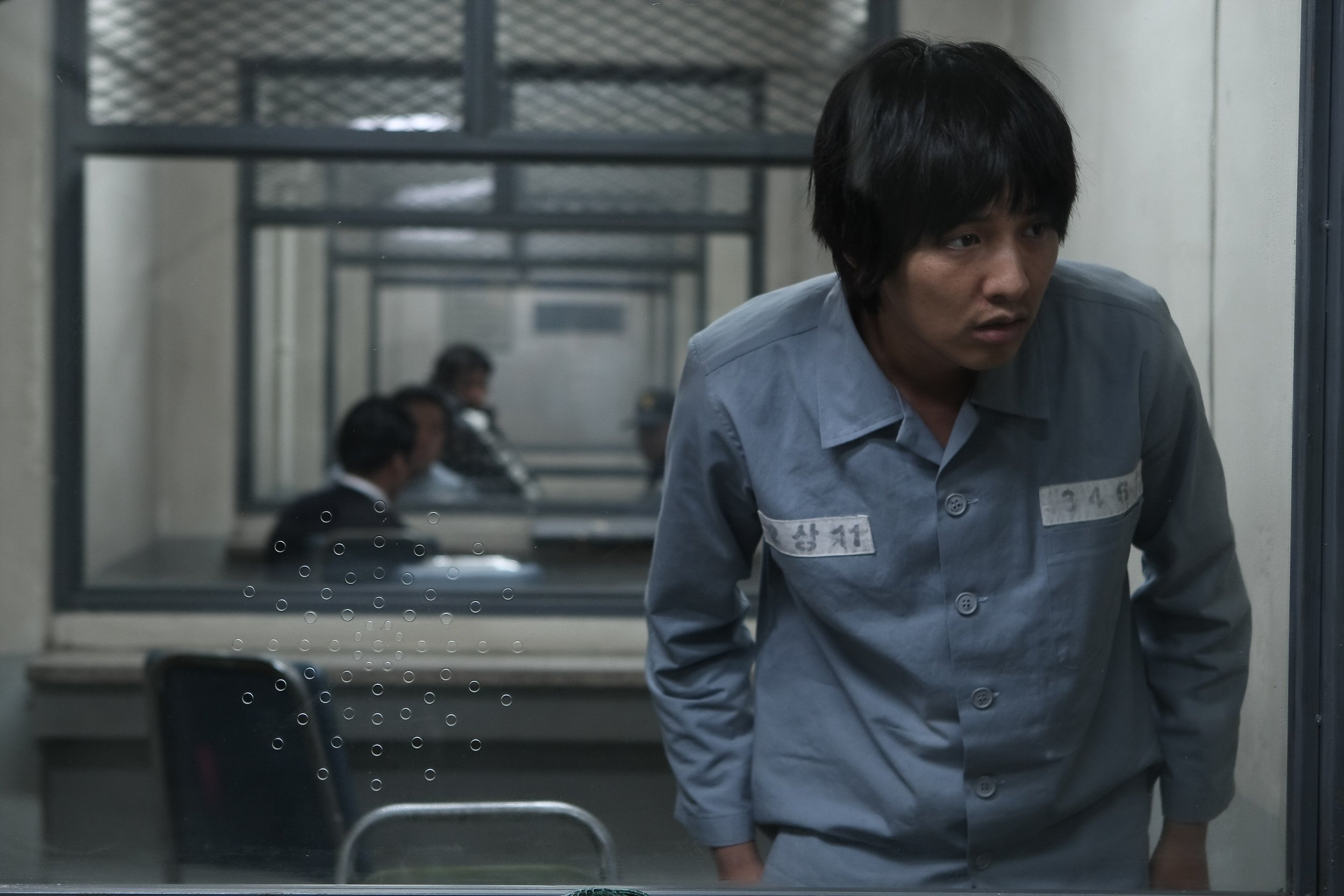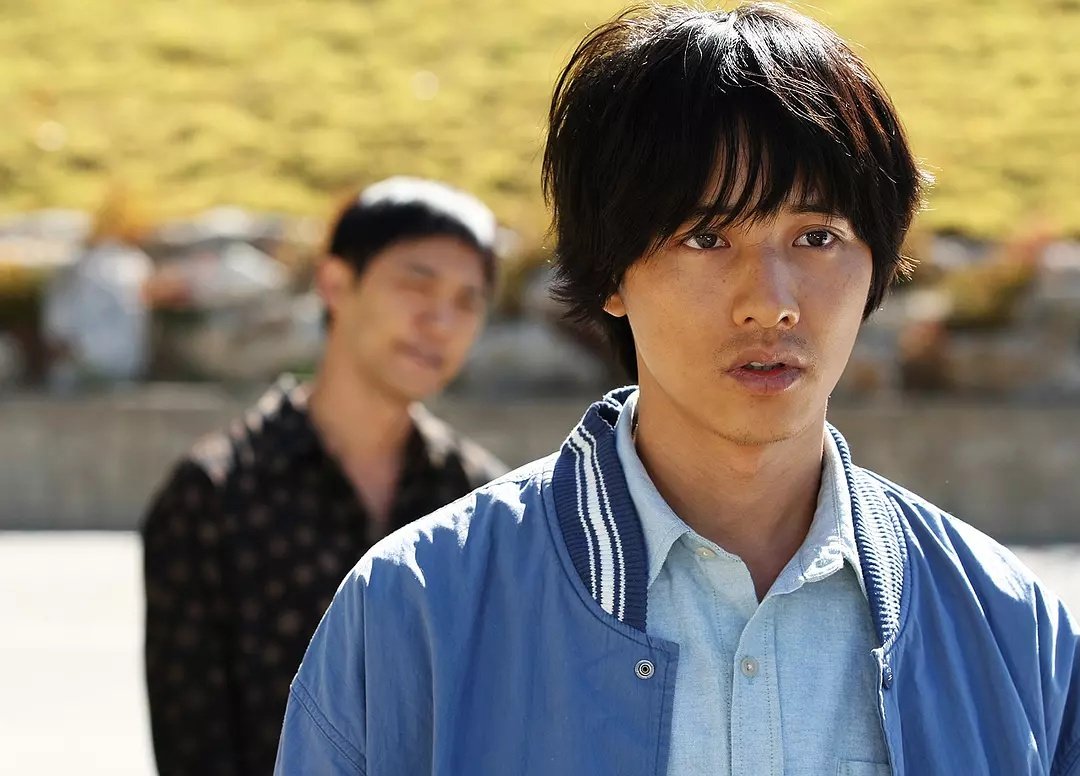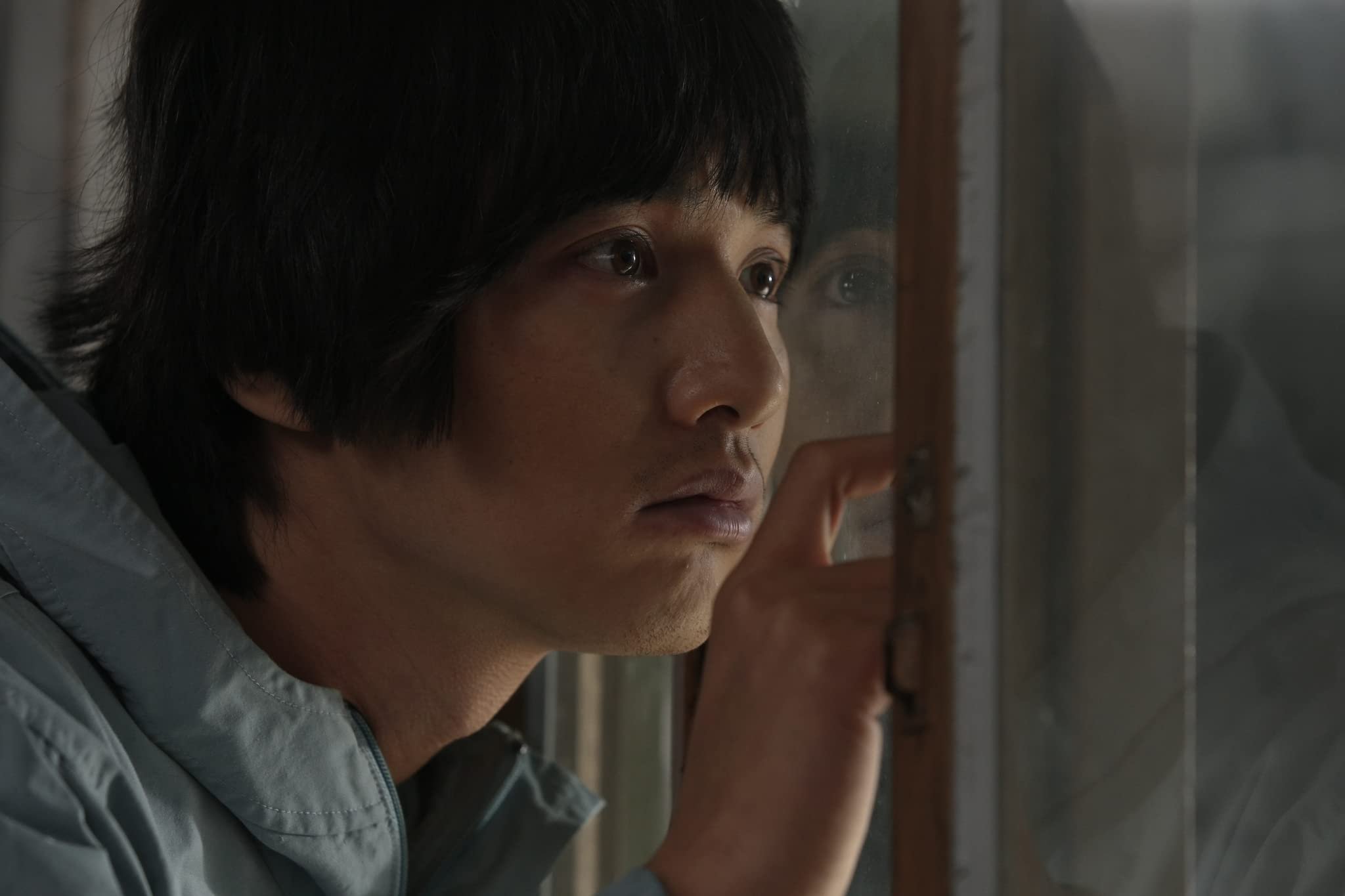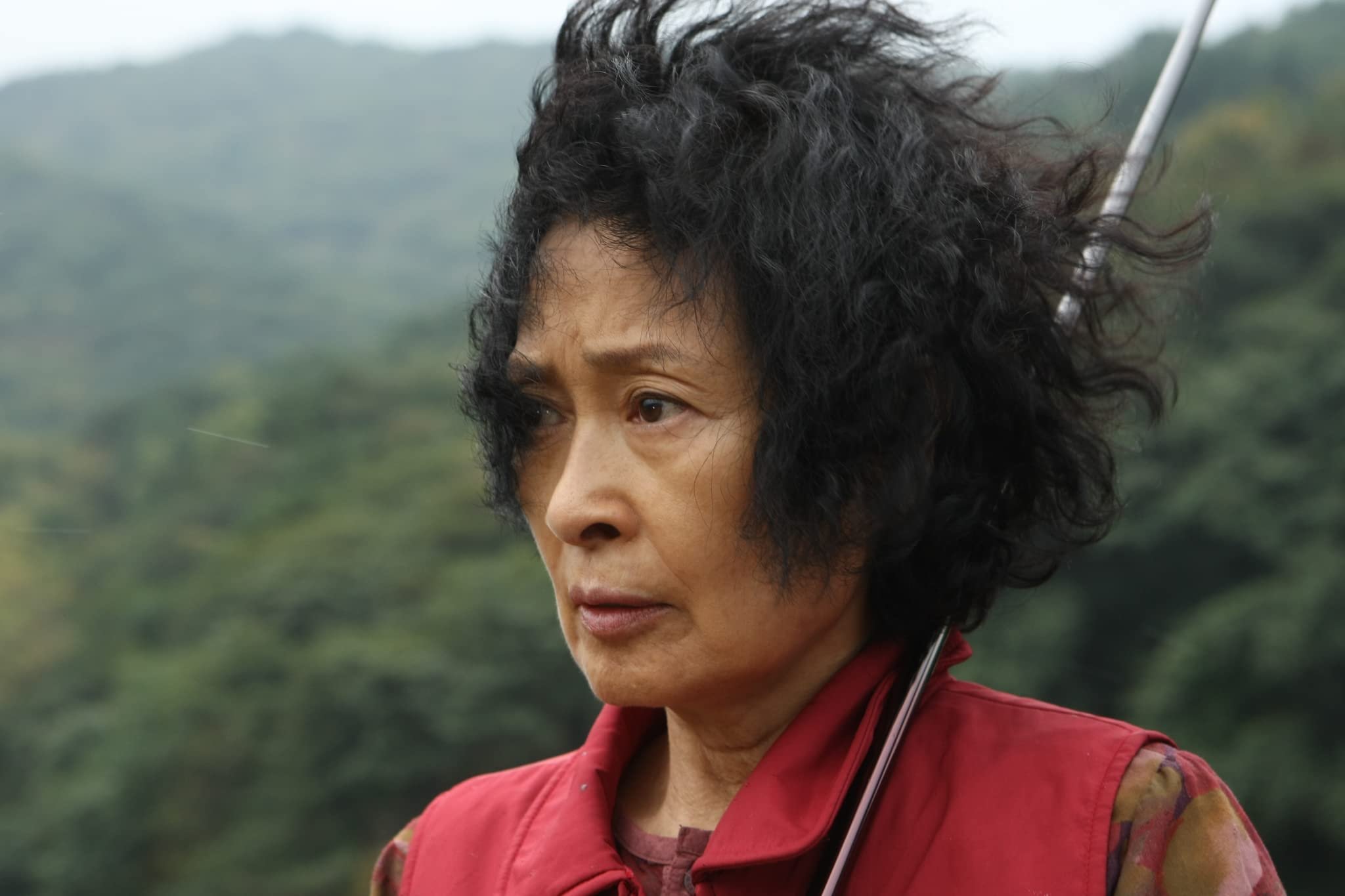Mother (2009)
Director: Bong Joon-ho
Starring: Kim Hye-ja, Won Bin, Jin Goo, Yoon Je-moon
Primary genre: Thriller
“Mother” sees Bong Joon-ho (“Snowpiercer“ (2013), “Parasite” (2019) assessing holistically the (dis)functional aspects of a micro-society around a murder case. While somewhat similar to this outstanding “Memories of Murder” (2003), he takes the format of the traditional investigative thriller and gives it an interesting spin by featuring an unexpected hero.
At its core, “Mother” is about an (in a nice touch) unnamed mother who seeks to free her mentally challenged son from prison for a murder she believes he did not commit. Playing nicely with the tropes of the genre (i.e., did he do it, and if he did not, why was he framed and by whom?), the film features several segments that blur the timeline of the incident despite its rather linear approach. The son (a surprising dramatic turn by “The Man From Nowhere” (2010) Won Bin) provides even more unreliability about the going-ons while Bong is busy to populate the script with seemingly superfluous details that come into play later so pay attention.
As the story unfolds, several psychological layers are peeled back from many characters suggesting that no one is morally “clean”. As we witness the titular mother moving heaven and earth to prove her son’s innocence, we are exposed into a society which ignores its dysfunctional layers. Bong, a champion of the working class underdog (a common theme throughout his eclectic filmography) captures every single facial detail of Kim ye-ja’s performance during her interactions with this unforgiving world; her eyes reflecting pain, submission, love, determination, fear and acceptance.
The gap between the roaming free rich and those in the lower levels of the societal pyramid is present in each one of Bong’s cinematic outputs but in this one money holds an interesting symbolism; an ever changing concept at the hands of different characters (e.g., a lawyer, a mother, a thug); a thug can be a powerful ally, a lawyer a dispassionate individual.
This social commentary might initially look superfluous since most Korean movies employ similar tactics with less intensity or more conviction. However, the ingenious script instead combines it with certain Freudian ideas and Greek tragedy elements that give the proceedings an audacious air of ambiguity and muddy character motivations not traditionally found in the genre. Bong navigates a rather labyrinthic and almost Oedipus like relationship between an (occasionally) overbearing and over-protective mother to her (helpless?) son, asking morally uncomfortable questions about how far can someone go to protect their beloved offspring.
Packed with exceptional performances and visual metaphors that might get lost during the first viewing, “Mother” is guaranteed to generate fascinating conversations between cinephiles. Bong’s ability to engulf the happenings under the cold and hostile cinematography of Hong Kyung-pyo with allegorical environments is undeniable; he can make a discussion drown in sinister undertones or what seems like a remote house exit into a suspenseful escape.
“Mother” might not rewrite the genre but it definitely boasts an unlikely and unique heroine in the face of Hey-ja Kim and fascinating thematic layers that warrant an excellent viewing of quality storytelling.
Another masterpiece from Bong Joon-ho
+Excellent central performance by Kim
+Several psychological layers
+Relevant social themes
+Intriguing mystery
+Excellent “hostile” cinematography and composition
-Uncomfortable questions for the West





